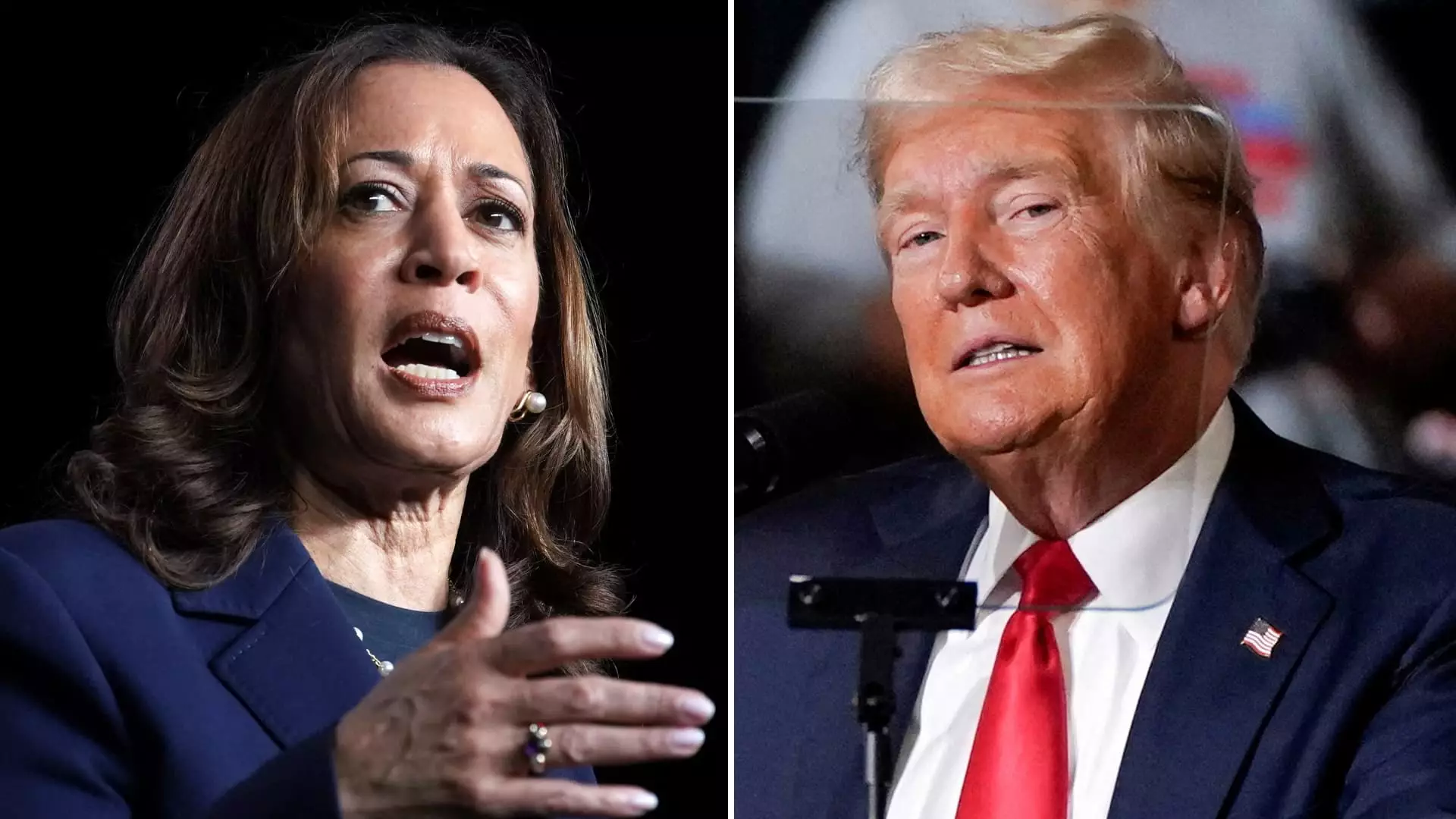With the economic agendas of former President Donald Trump and Vice President Kamala Harris being front and center, the issue of taxes has come into sharp focus for the upcoming presidential election. As it stands, trillions in tax breaks implemented by Trump through the Tax Cuts and Jobs Act are set to expire after 2025, leaving over 60% of taxpayers facing potential tax hikes in 2026 if these provisions are not extended.
While both Democrats and Republicans have their own criticisms of the TCJA, negotiations to extend these tax cuts are expected to be challenging due to concerns over the growing federal budget deficit. The Bipartisan Policy Center estimates that extending TCJA provisions along with subsidized premiums for marketplace health insurance could result in an increase in federal deficits by nearly $5 trillion over the next decade.
President Trump aims to maintain the individual and business tax cuts put in place by the TCJA, promising “big tax cuts for families and small businesses.” His focus has been on preserving these tax cuts to stimulate economic growth and provide relief for taxpayers.
Vice President Harris, on the other hand, has yet to directly address the extension of TCJA provisions but has shown support for achieving a fairer tax system by not extending Trump’s tax cuts for those with incomes above $400,000. She has proposed increasing the corporate tax rate to 28% from the current 21% in order to reduce the deficit by an estimated $1 trillion over the next decade.
Where Trump has focused on implementing sweeping tariffs on imported goods, Harris has put forth the idea of increasing the corporate tax rate instead. While Trump argues that tariffs are essentially a tax on foreign countries and not American consumers, the implementation of such tariffs could have a significant impact on average after-tax household incomes.
Both campaigns have explored the idea of eliminating income tax on tip income, albeit facing criticism from policy experts who cite potential administrative hurdles and abuse of such a measure. Despite bipartisan support in Congress, the feasibility of this proposal remains a point of contention.
Trump has also called for no taxes on Social Security income, a move that could appeal to voters concerned about the future of the program. Harris, on the other hand, has outlined an economic plan that includes an expanded child tax credit offering up to $6,000 in total tax relief for families with newborn children, among other priorities.
The battle over taxes between Trump and Harris serves as a critical point of contention leading up to the election. Both candidates have put forth their own tax agendas with the aim of addressing the budget deficit and stimulating economic growth. However, the road ahead for tax policy changes remains uncertain, as it ultimately requires approval from Congress and will be subject to the dynamics of future House and Senate control. The fate of these tax proposals will undoubtedly shape the economic landscape for years to come.

